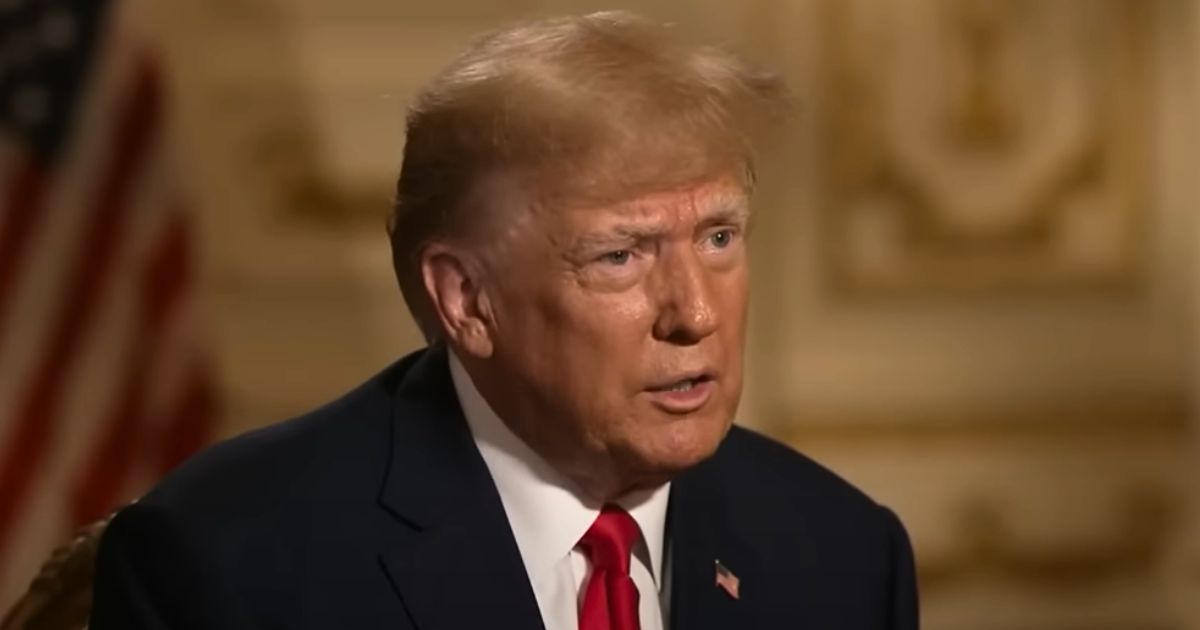Sen. John Fetterman shares transformative experience with GLP-1 drugs
Sen. John Fetterman (D-PA) has publicly credited the anti-obesity drug Mounjaro for significant improvements in his health following a serious medical ordeal.
In a recent op-ed for the New York Times, Fetterman detailed his belief that Mounjaro has not only aided his heart health but also enhanced his overall well-being, as the New York Post reports.
Back in July 2024, after surviving a stroke, Fetterman was prescribed Mounjaro (tirzepatide) primarily for his heart health. This medication, typically known for treating type 2 diabetes, has garnered attention for its multifaceted health benefits.
Mounjaro, developed by Eli Lilly, functions significantly within the spectrum of metabolic health, neurological function, and heart health. Fetterman shared that his use of the drug was initially aimed at preventing major cardiac events, a concern for many stroke survivors.
"As a stroke survivor, I was interested in studies showing [Mounjaro] could significantly reduce the risk of major cardiac events," Fetterman explained in his op-ed. His expectations were met and exceeded by the additional health improvements he observed.
Fetterman touts surprising benefits of drug
Apart from its primary medical purposes, Mounjaro's impact on Fetterman's life has been profound. "Even though I started taking it for my heart health, I’ve been struck by how much better it has made me feel across the board," he noted.
Physical ailments such as aches, pain, and stiffness considerably diminished after he began the medication. Fetterman, who also reported losing around 20 pounds, expressed feeling younger, clearer-minded, and more optimistic.
“Aches, pains, and stiffness have vanished. Physically, I feel a decade younger, as well as clearer-headed and more optimistic than I'd been in years,” he remarked. This testimony reflects a significant quality of life enhancement, comfortingly accompanied by minor side effects.
GLP-1 drugs plagued by high cost, scarcity
However, accessing GLP-1 medications like Mounjaro can be challenging. These drugs can be prohibitively expensive, with costs reaching up to $1,000 out-of-pocket if not covered by insurance.
Due to restrictive policies, Medicare and Medicaid currently offer only limited coverage for these drugs, focusing primarily on diabetes and significantly elevated heart risk. This coverage decision was influenced by the previous administration's stance on pharmaceutical pricing negotiations.
During the Trump administration, the Centers for Medicare and Medicaid Services made a contentious decision not to cover these medications under broader circumstances, citing cost concerns.
Dr. Brett Osborn commented, “Trump knows these medications work. I believe this is a signal aimed squarely at Big Pharma: 'Lower the price, or Medicare, the biggest buyer on the block, is out.'”
Experts supportive wider usage
Medical professionals like Dr. Marc Siegel and Osborn have voiced strong support for broader use of GLP-1 medications. They highlight the potential long-term savings and health improvements that these drugs can provide by preventing diseases linked to obesity, such as stroke and high blood pressure.
"They help prevent down-the-line diseases such as heart disease, stroke, high blood pressure, and sleep apnea, which tend to come from obesity," Siegel pointed out. These remarks underscore a preventive approach to managing health conditions that could save lives and reduce healthcare costs.
Adding to that, Osborn criticized prevailing attitudes toward treatment approaches: “People with metabolic syndrome don’t need lectures on kale and the importance of exercise. They need help.” This indicates a need for advanced treatment options like GLP-1 drugs, which could provide direct and effective intervention.
Fetterman urges improved access to GLP-1 drugs
Fetterman’s experience has transformed him into an advocate for wider access to GLP-1 medication. “I’m just a guy who has benefited from these medications and wants to make sure that anyone else who could benefit from them can have access to them, too," he stated. This personal testimony serves as a powerful call for policy change to improve drug accessibility.
This call is backed by his firsthand knowledge and the experiential benefits that these drugs can offer, bridging the gap between patient experience and health policy advocacy. Fetterman's stance encapsulates a growing demand for healthcare policies that genuinely meet the public's needs, especially for those battling chronic health issues.
As the debate over healthcare policy and medication costs continues, Fetterman’s case provides an impactful narrative on the possible life-changing benefits of treatments like GLP-1 medications, advocating not only for better health outcomes but also for empathetic, accessible healthcare solutions.





